Photographs: Courtesy, Google Abhik Sen
There was a time spectacles were considered geeky and dorky. Nowadays, glasses, albeit smart ones, seem to be the coolest thing in the world of technology.
Not convinced? Consider last week: Google announced a partnership with the Luxottica Group, which owns brands such as Ray-Ban and Oakley and is also the largest eyeglass company in the world, to design, manufacture and design frames for Google Glass.
A day later, Facebook announced it was buying Oculus VR, makers of the coolest gaming accessory, the Oculus Rift, for $2 billion.
…
How Facebook, Apple, Intel plan to take on Google Glass
Image: People are reflected in the lens of a pair of Liquid Image Apex HD camera goggles.Photographs: Robert Galbraith/Reuters
If you're in the mood for nitpicking, you might argue Oculus makes headsets, not glasses per se but it does wrap around your eyes, so it's eyewear.
And, before the week was up, Haaretz reported Intel Capital plans to invest $15 million in Israeli startup OrCam, which manufactures smart glasses for the visually impaired.
These are essentially a wearable computer clipped on to a pair of glasses. A computer's five-megapixel relays visual information via audio to the user.
…
How Facebook, Apple, Intel plan to take on Google Glass
Image: Project Morpheus.Photographs: Courtesy, Sony
Sony showed off Project Morpheus, its virtual reality headset for its PS4 console at the Game Developers Conference earlier this month.
At this year's CES, it announced plans to make smart glasses. And, there are rumours that Samsung plans to launch its own version of smart glasses, Galaxy Glass, later this year.
Smart glasses, thus, are the next big thing in the world of technology. Some people are also talking about when (not if) Apple launches the "iGlass".
…
How Facebook, Apple, Intel plan to take on Google Glass
Image: A model wearing Google Glass.Photographs: Courtesy, Google
While there's no point speculating what the future holds, among the current crop, smart glasses can be broadly categorised into two types - augmented reality (AR) and virtual reality (VR).
Google Glass and similar contraptions make up the first category, where information is passed on to users to augment what they see around them.
As for VR, it's still mostly in the domain of gaming/entertainment - the Oculus Rift and Project Morpheus fall under this category.
…
How Facebook, Apple, Intel plan to take on Google Glass
Image: A cyclist wearing Google Glass.Photographs: Courtesy, Google
What does it mean for customers? As many critics of the Google Glass have said, it will lead to distracting advertisements in our line of sight, not to mention the invasion of privacy because of the omnipresent camera.
Supporters of the Glass say it brings a new dimension to the way we interact with the environment - no more asking for directions, hunting for the nearest petrol pump or even taking out a camera to record a memorable event.
…
How Facebook, Apple, Intel plan to take on Google Glass
Image: Screenshot of Mishor's augmented reality navigation.Photographs: Courtesy, Mishor
AR has a fair share of backers even outside of the fan boys. Last week, at the Nvidia GTC developer conference in San Jose, California, a company called Mishor showed off augmented reality navigation on a pair of smart glasses, marking out path indicators in blue. And, no, there weren't any advertisements.
But it's still a concept and AR as a driver's aid will become a reality only after smart glasses gain popular acceptance, and the law is clear on whether people can drive wearing these.
…
How Facebook, Apple, Intel plan to take on Google Glass
Image: Oculus Rift.Photographs: Courtesy, Oculus
Strictly, VR isn't exactly a new concept. Some years earlier, Sony had come out with a personal home theatre product, where one could plug in a headset into a video source and sit back to enjoy a movie-hall kind of experience in one's bedroom.
Gaming with motion controllers has made the community hungry for a more immersive experience and the Oculus Rift (yet to be commercially launched), seems to be the first step.
…
How Facebook, Apple, Intel plan to take on Google Glass
Image: Markus Persson.Photographs: Game Developers Conference/Wikimedia Commons
Meanwhile, the Facebook-Oculus deal did anger a number of developers, most notably, Markus Persson, creator of the popular Minecraft game.
He took to Twitter to announce he was pulling the plug on a possible version of the game for Oculus. Facebook, Persson tweeted, "creeps me out".
But to be fair, Facebook has said Oculus will function independently. Going by their record so far, it's telling the truth. Instagram and WhatsApp function independent of the social network.
…
How Facebook, Apple, Intel plan to take on Google Glass
Image: Facebook co-founder Mark Zuckerberg.Photographs: Steve Jennings/Getty Images
Facebook Chief Executive Officer Mark Zuckerberg has reportedly said about 40 per cent of the time that people spend online on computers is on gaming, while 40 per cent is on social networks, and the deal was an attempt to "fuse the two".
Eventually, we would have a sort of Second Life on Facebook, where we interact with friends in the virtual world, and maybe shop as well.
Till then, we could go by Zuckerberg's vision of attending a class with teachers from all over the world or consulting a doctor face to face from our living rooms.

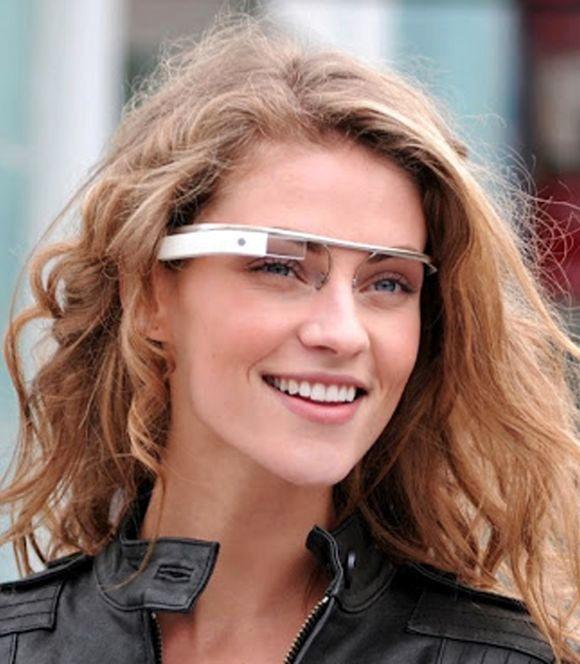
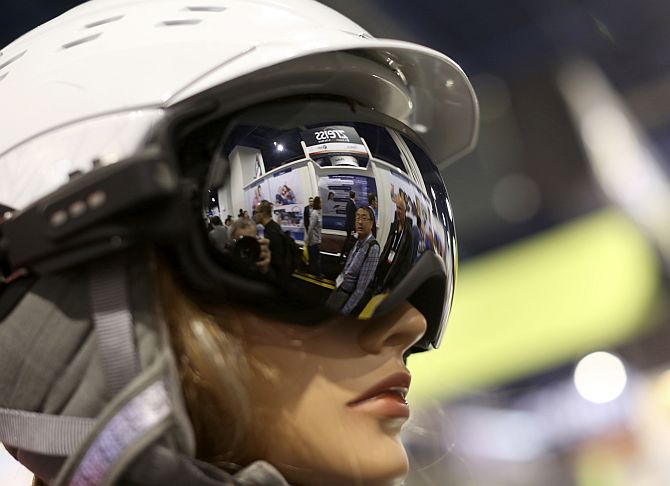
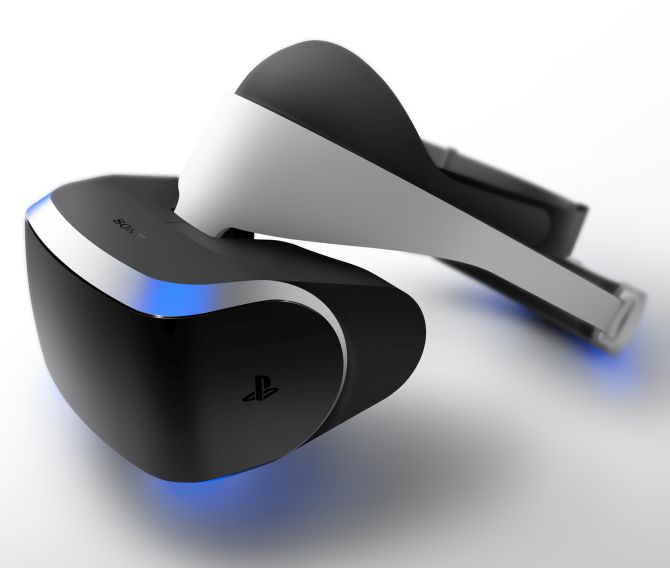
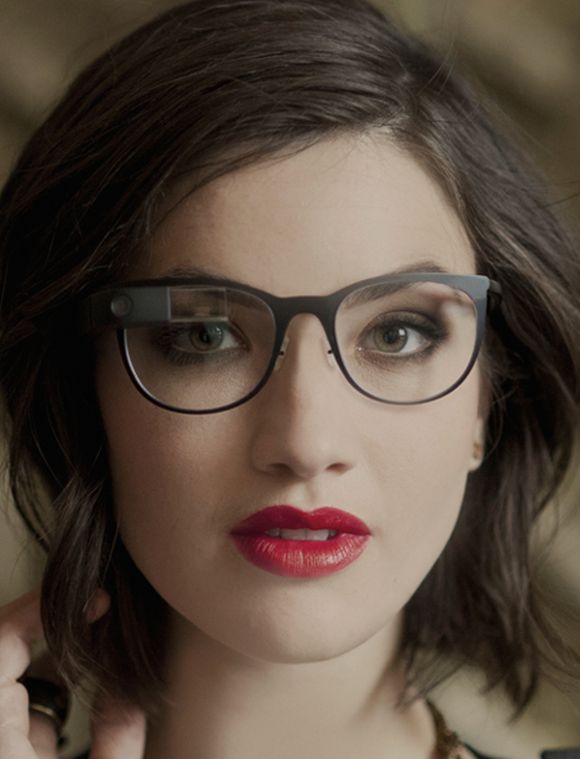
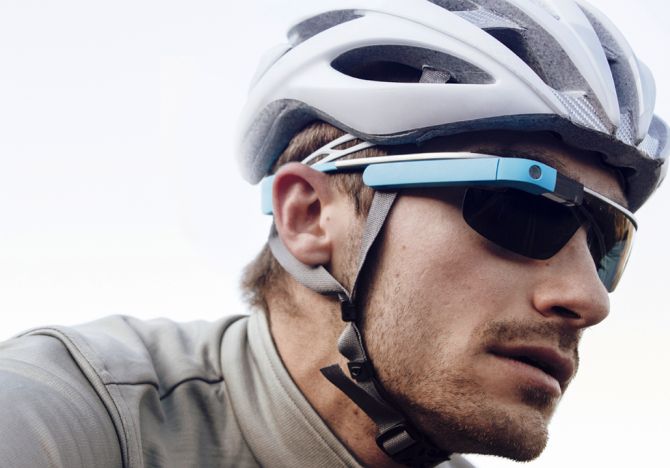
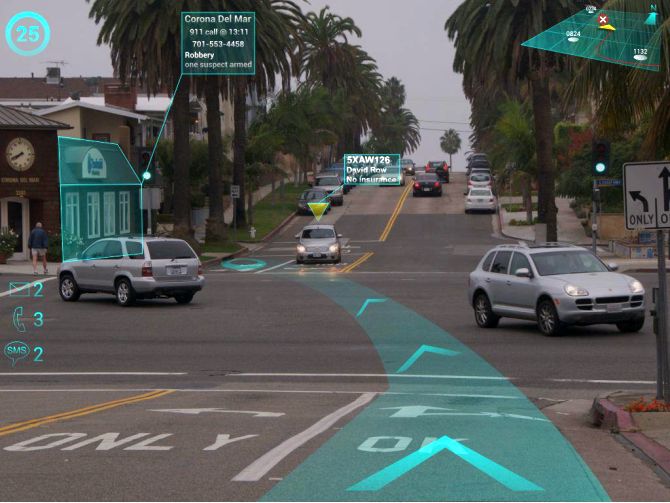
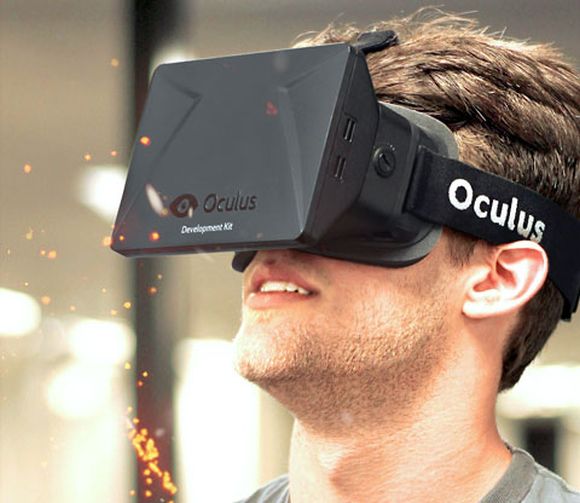



article